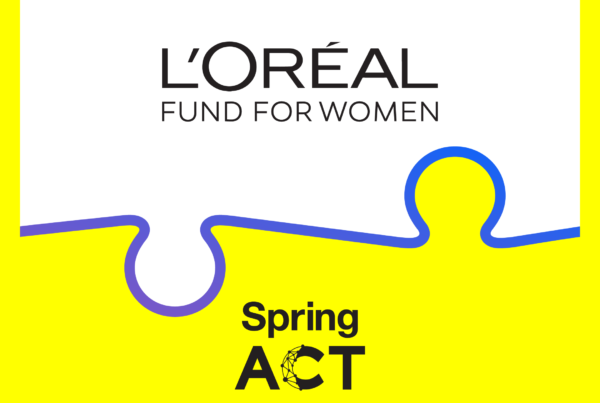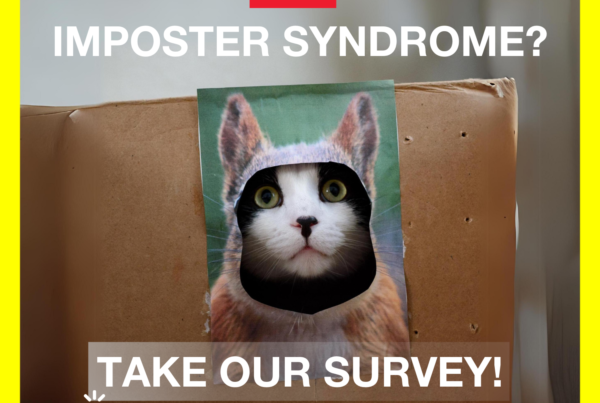In 2015, the United Nations unveiled its 2030 Agenda for Sustainable Development. The foundations of which are the 17 Sustainable Development Goals (SDGs); a call to action for governments across the world to work together for a more peaceful and prosperous future. At Kona, however, we believe that it is not just governments that should work towards these goals. Whether you are an individual, an NGO, or a corporation, we all have a shared responsibility to engage proactively with SDGs at a local level in order to create healthy and thriving societies globally.
Gender Equality (SDG 5) is not only a basic human right but one that, if achieved, will automatically impact and further the other 16 SDGs. After all, how can a society ever truly prosper and reach its full potential if half of its population are not granted the same opportunities, safety and rights as the other half? Indeed, many studies have shown that allowing women equal access to the labour market not only makes them less vulnerable and more independent but also has wider economic benefits. More women working outside the home means expanding the labour force and in turn opens the doors to a flood of new ideas and initiative (SDG 9). All of these factors will significantly stimulate economic growth (SDG 8). In India, for example, women’s participation in the economy remains at one of the lowest rates in the Global South. It is estimated, however, that if women participated in the workforce at an equal rate to men it could boost economic growth by a staggering 60% and add 2.9 trillion to the GDP by 2025!
What’s more, equal participation in the workforce would enable more women to gain access to justice systems and increase their representation in the political sphere, which as a result can help to build inclusive institutions that benefit the entire community (SDG 16). In addition, equal participation would also mean that women have the financial capacity to provide their children with nutritious food (SDG 2), good healthcare (SDG 3), education (SDG 4) and much more. As a direct consequence, they improve not only their own lives but also their children’s, the broader community, and so on. The Women’s Microfinance Initiative, which operates in remote villages in East Africa, is one of many fantastic examples of this. Women who have been empowered through the loan initiative have gone on to send their children to boarding school, bought farm animals to improve their quality of food and installed solar energy panels to power their homes. These individual gains would undoubtedly cause ripple effects throughout the local community, including higher literacy rates and improved maternal health. This demonstrates that by just empowering women the ultimate result would be to empower their wider community too!
Kona’s focus on ending domestic violence is therefore not just vital to achieving Gender Equality (SDG 5) but to advancing all the other 16 SDGs. Gender Equality will not and cannot be achieved if 1 in 3 women worldwide continue to suffer from physical or sexual violence during their lifetime. That’s 1 in 3 women who will be unable to reach their full potential! Domestic violence impacts an individuals’ physical and mental health and in doing so, an entire country’s economy and public spending. In England and Wales, for example, domestic violence is estimated to cost the government around £66 bn per year. This includes multiple costs like health services, law enforcement, and legal services, not to mention the fact that victims might be forced to take time off work or be less productive as a result of abuse.
The persistence of this abuse prevents us from achieving true equality and in turn the significant gains that come with it. Domestic violence is not just an individual’s or a “women’s” problem but one that negatively impacts wider society as well. It is vital that we approach the problem with this mindset and work together to fight domestic abuse as the urgent global issue it continues to be.
Share on facebook
Facebook
Share on twitter
Twitter
Share on linkedin
LinkedIn




